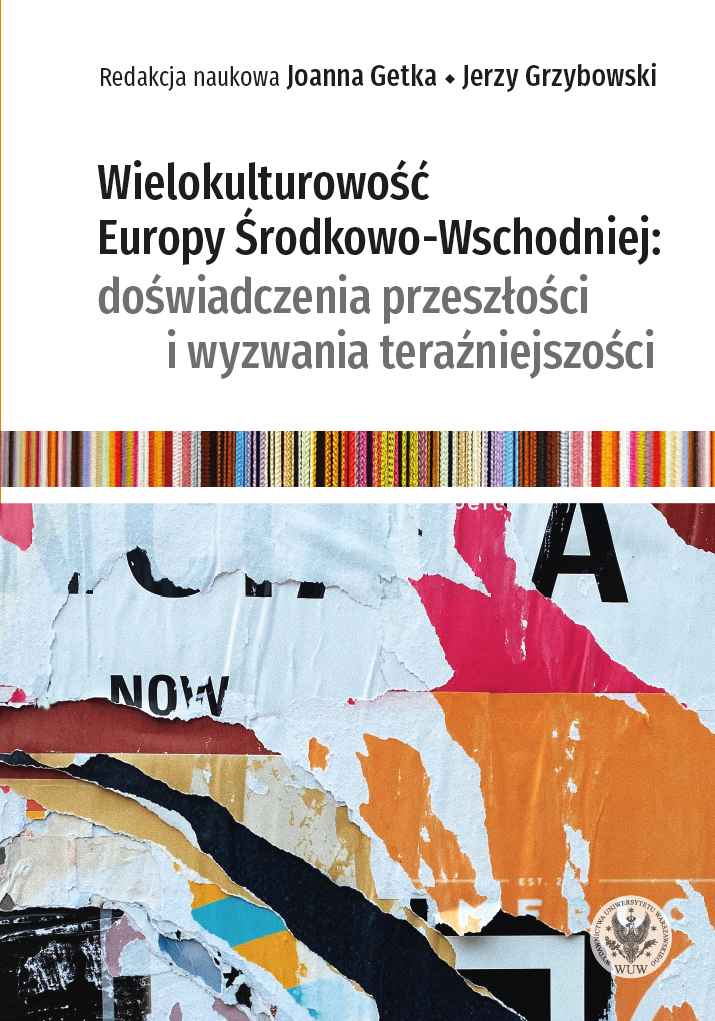Zarys genezy ukraińskiego języka literackiego, czyli o konieczności reinterpretacji rosyjskich mitów glottogonicznych
Outline of the Genesis of Ukrainian Literary Language, or the Necessity to Re-Interpret the Russian Glottogenetic Myths
Author(s): Joanna Getka, Viktor Moisiienko
Subject(s): Anthropology, Cultural Anthropology / Ethnology, 16th Century, 17th Century, 18th Century
Published by: Wydawnictwa Uniwersytetu Warszawskiego
Keywords: literary language; linguistic norm; written transmission; East Slavic languages; redactions of the Church Slavonic language; Ukrainian language; genesis
Summary/Abstract: The article proposes a new approach to explaining the origins of the literary and written language of the Eastern Slavs on the example of the Ukrainian language. The authors reject theories according to which literary language could only exist if it was codified. Instead, they adopt the thesis about the need for a norm: writers applying repetitive rules, even if they remain unwritten. The norms of the Ukrainian and Belarusian languages have come a long way, but their origins undoubtedly date back to the earliest Ruthenian period. At the same time, the authors postulate not only the idea of the existence of separate Belarusian and Ukrainian languages since the eleventh century, but also separate Ukrainian and Belarusian redactions of the Church Slavonic language in the eleventh to fourteenth century, thus rejecting the politically biased thesis of Russian linguists about the existence of a single redaction of Church Slavonic for all East Slavic languages in the above period. The study and conclusions presented in the article are based on direct re-analysis of original written sources which, according to the authors, are the only reliable sources for interpreting the origins of the linguistic norm. The subject of analysis are original documents whose dating and place of origin have not been discussed by scholars. These include texts created both in written Ruthenian language, which was based on the local speech, and in Church Slavonic. In this context, it should be emphasised that the analysed relics of literature also represent features of the Novgorod-Pskov dialect. This, however, remains beyond the scope of interest of the authors of the article as this dialect did not develop into a separate East Slavic language: the Novgorod tradition was destroyed by the Moscow tradition.
Book: Wielokulturowość Europy Środkowo-Wschodniej: doświadczenia przeszłości i wyzwania teraźniejszości
- Page Range: 9-41
- Page Count: 33
- Publication Year: 2023
- Language: Polish
- Content File-PDF

